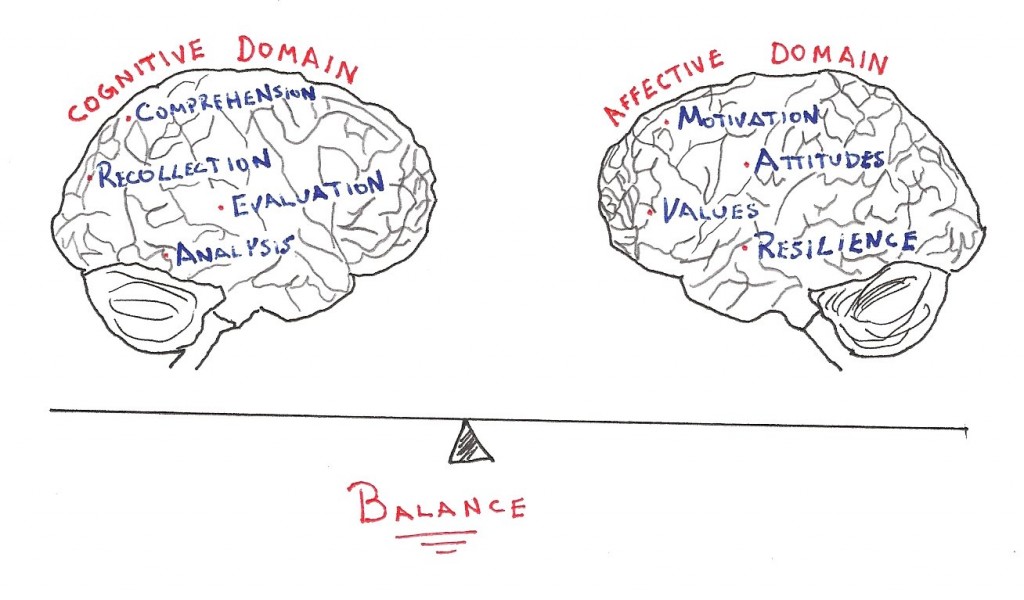Peter Drucker is one of my favorite thought leaders. I have read much of his work but the one thing that I keep coming back to is a paper he wrote that was published in the Harvard Business Review in 1999 entitled ‘Managing Oneself’. When I first read the article I thought ‘this is intriguing’. Then I read it again, and again, and again – and started practicing what I learned in this brief and valuable piece of work. I pull it out every year and read it just to keep on track.
If you have not read it (you should – it will change the way you think), the underlying premise is that in order for us to achieve our potential, we need to focus on improving our strengths and not focus on our weaknesses. That is, we need to get a basic level of competency in the areas we do not excel in and focus on those we do. The key areas he looks at are:
- What Are My Strengths?
- How Do I Perform?
- What Are My Values?
- Where Do I Belong?
- What Should I Contribute?
From there he makes three key recommendations:
1. Identify your strengths and put yourself in places where you can use these strengths to deliver results.
2. Always work to improve your strengths.
3. Remedy your bad habits – the things that inhibit your effectiveness.
So what does this have to do with education? A TON!
If you ever came home with a few C’s on your report card and a few A’s (or your child has), the comments almost always are:
‘Nice job with the A’s in Math and Science – but you really need to work on those C’s in Geography’
The fact is (and what Drucker exposes), if we put the same level of effort in the programs that we excel at as we do in those we struggle with, the gains will be MUCH higher in our stronger areas than our limiting areas. Case in point – Kurt Cobain was born around the same time I was and probably received his first guitar around the same time that I picked one up. He got pretty good at it. For me, not so much – no matter how long or how hard I blew into it.
Education & Student Success
Our traditional educational systems do not do a great job at helping students identify their strengths and then teaching them how to leverage them. We tend to have one set of tools for measuring ‘how smart’ a child/learner is. These have been around for years and the people who were successful in the systems continue to promulgate their value.
Educational experts have known about the differences between the cognitive and affective domains for years but our systems have not evolved enough to recognize this. Many systems are still stuck in the ‘how much stuff can you recall and do you know’ (cognitive) and not enough attention is placed on ‘how do you manage yourself to achieve’ (affective).
Mathematics and Literacy skills are critical to success – we know this. But beyond that, is Science more important that The Arts? Then Psychology? Look at who is saying this – is it someone who has excelled in one of these areas.
Drucker’s Principles and Online Learning
From an online learning perspective, these principles align to what we know and what we are striving to achieve. We know that when we provide students with differentiated learning models that are aligned to their learning styles, they thrive. We know that when we put students in situations that allow them to leverage their talents, it builds confidence and allows them to grow. We know that immediacy in adapting and delivering curriculum increases the probability of student success.
Technologies are starting to emerge around adaptive learning that provide for differentiated content delivery based on learning style and can be leveled (moved up or down depending on where the learner is). While these technologies are still in their infancy – they are coming. As online educators and service providers, we need to be looking ahead to this. We need to be planning for richer, instructive content developed to reach multiple modalities (video, audio, interactive, inclusive, distributed, etc. etc.). Oh, and we also will need a LOT of it. The amount of content for a single course will increase by 5x – 10x in order to meet the needs of a range of student learning styles.
Start developing!
